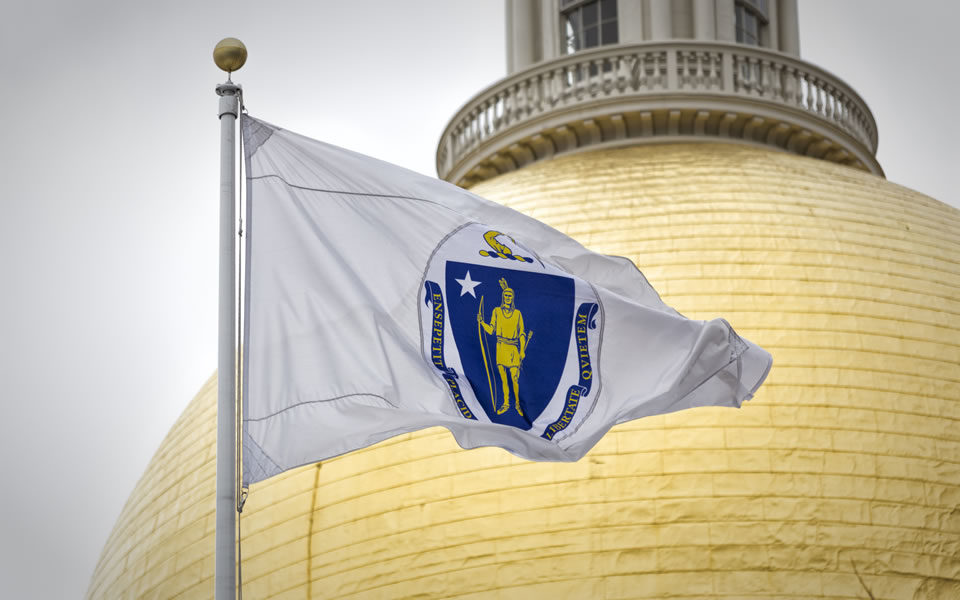Massachusetts Enacts Pass-Through Entity Excise Tax for 2021 Calendar Year
By Paul Graney, Partner, Tax & Business Services & Joseph Feehan, Partner, Tax & Business Services
Massachusetts pass-through entities (PTEs), such as S-corporations, partnerships and LLCs, are now permitted to elect to pay tax at the entity level and thereby obtain a federal deduction for the state tax paid by the PTE. Entity owners are still subject to state tax on their distributive share, but this law will allow the tax to be paid at the entity level, which creates a federal tax deduction for the entity. The entity owner is then entitled to a credit to be applied against the state tax due on the distributive share.
Under federal tax law, individuals are limited to a maximum deduction of $10,000 for all state-level taxes on their personal returns. This allows those disallowed state tax deductions to offset income at the entity level. Massachusetts has passed a statute as a work-around to the federal limit of $10,000 of SALT taxes applied to individuals by creating an excise tax at the entity level.
Regulations pertaining to this new provision are currently being drafted by the Department of Revenue (DOR). The following information has been issued on the State’s DOR website.
An “eligible pass-through entity” is defined as an S-corporation under IRS section 1361 of the Internal Revenue Code (Code); a partnership under IRS section 7701 of the Code; or a limited liability company treated as an S-corporation or partnership under those Code sections. In addition, a trust can make an election with respect to income that passes through the trust to beneficiaries that are subject to tax on that income under Massachusetts personal income tax law. Accordingly, the following entities that do business in Massachusetts or have income derived from or connected with Massachusetts sources may elect to be subject to this flow through tax:
- Partnerships, including limited liability companies treated as partnerships for federal income tax purposes, but excluding publicly traded partnerships;
- S-corporations, including limited liability companies treated as S-corporations for federal income tax purposes; and
- Trusts, to the extent they have income that is taken into account by beneficiaries for Massachusetts personal income tax purposes.
Note: Sole proprietorships and single-member limited liability companies that are disregarded for federal income tax purposes cannot elect to be subject to the PTE Excise tax because they are not pass-through entities.
Rules for electing to have tax (excise) payments treated as a deduction:
- The election is made with the filing of the tax return AND by submitting a new Form 63D-ELT.
- The election is irrevocable.
- All qualified members must be included on the election; they cannot opt out.
- Tax returns, Form 63D-ELT and all payments must be submitted electronically using either third party software or through MassTaxConnect.
- The due date for the election and Form 63D-ELT is the due date of the return including valid extensions.
- Estimated payments are required for each tax year on April 15, June 15, September 15th and January 15. For 2021 only, the total estimates due must be made by January 15, 2022.
- Payments can be made early via MassTaxConnect beginning November 30.
- Members of the PTE are allowed a credit of 90% of the tax paid on their behalf by the PTE.
- The PTE credit is refundable to the members.
- Payment by members on their own account CANNOT be used against estimated payments of the PTE.
- There is no requirement under the new chapter 63D that withholding payments are required if the PTE tax is elected and paid by the PTE.
Current federal guidance requires that PTE taxes be paid by the entity prior to the end of the calendar year in order for the entity to be allowed a current deduction. Therefore, for federal deduction purposes, the state payments need to be made by December 31, 2021. While state taxes are not due until January 15, 2022, it may be advisable for taxpayers to insure that the PTE tax is paid to the state prior to December 31, 2021.
For questions about registering or making payments, contact your Marcum tax advisor.



















